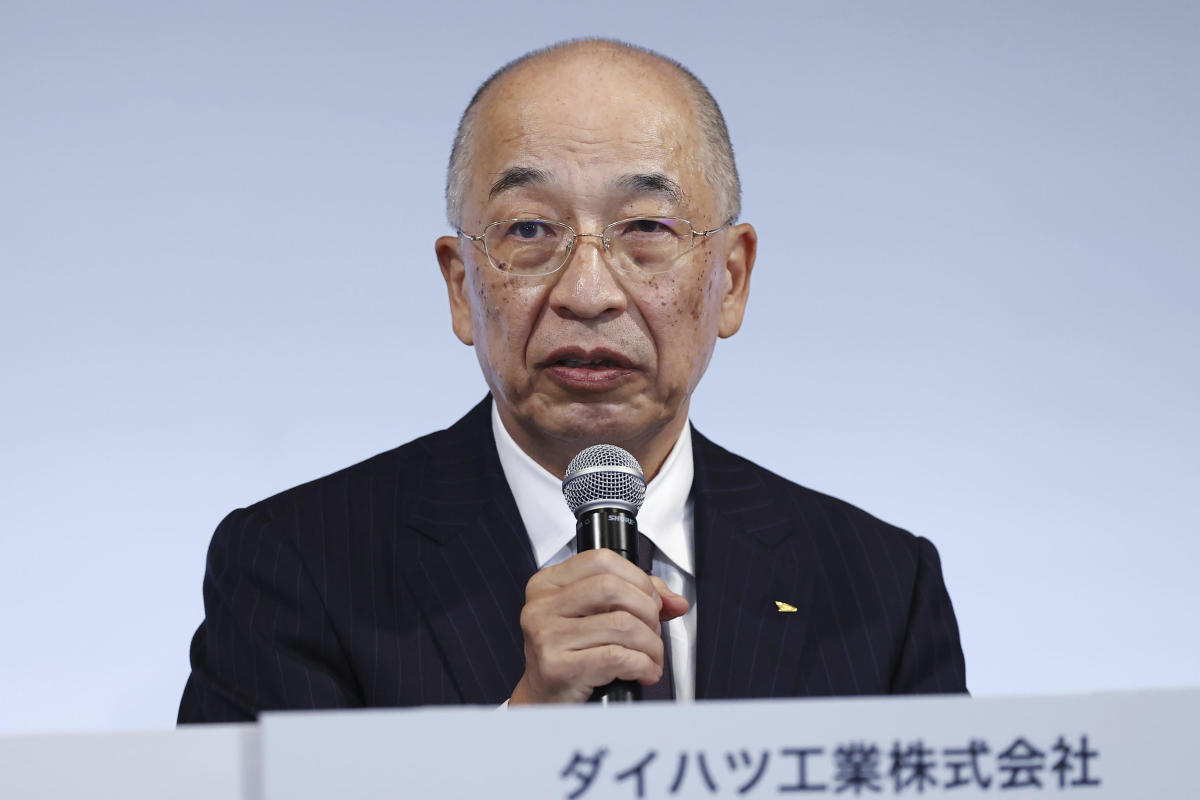The Department of Juctice’s announced findings on Thursday against Phoenix police won’t change the thinking of many.
Not community activists and police critics. Not local law enforcement, their supporters and detractors of the federal government.
The findings, nearly three years in the making, don’t provide much clarity about what’s next, either.
Essentially, we’ll have to hurry up and wait some more.
Not just for the city of Phoenix to review DOJ’s report — to fact-check and perhaps challenge specific points.
But for the two sides to negotiate, debate and decide how to proceed on a resolution.
Good luck divining a timetable.
DOJ signals that it still wants a consent decree
Even if Phoenix official do a 180 and acquiesce to a constricting consent decree, which means a court-appointed monitor and yearslong oversight costing tens of millions of dollars, it may be a long stretch before a final agreement is in place.
Louisville, which agreed to federal oversight without a fight, just held its final meeting this week for public input on its consent decree — more than 15 months after DOJ issued its critical findings of Louisville police.
The findings regarding Phoenix police suggest the Justice Department will aggressively pursue a similar settlement.
Like other departments before it, Phoenix PD was found by DOJ to have engaged in a pattern or practice of civil rights violations, including:
Assistant U.S. Attorney General Kristen Clarke described the police department’s problems as “severe” and “systemic.”
“Longstanding dysfunction,” she said at another point.
Phoenix uses force first, and that’s a problem
Particularly damning is DOJ’s assertion that Phoenix PD has a culture of teaching police officers that “escalation (of force) is de-escalation.”
That is, Phoenix police, by training and supervision, encourage officers to use “force first,” even when circumstances don’t call for it, to resolve situations quickly or to avoid the potential need for greater force.
DOJ maintains that the practice needlessly raises safety risks — for police officers and the people with whom they interact — and, more troublesome, that it leads to widespread unlawful use of force.
DOJ report: Calls out Black leaders as much as police
“(O)fficers use unjustified less-lethal force against people who are handcuffed, people in crisis, and people accused of low-level crimes,” the report found. “Officers rely on less-lethal force to attempt to resolve situations quickly, often when no force is necessary and without any meaningful attempt to de-escalate.”
The finding of excessive or unjustified force illustrates why, as much as Phoenix officials would prefer, the city isn’t likely to get independent control of remedying the civil rights violations.
The Justice Department essentially argues that Phoenix police must not be entrusted with overseeing reforms on their own, given that they were blind to their failings for years and some of their recently adopted policy changes have not even been put into practice, let alone proven effective.
No matter what, expect a long fight over police
The kind of heavy lift DOJ seeks on tightening use of force alone, from training and supervisory review to data collection and accountability for violations, all but demands independent oversight.
In a short Q&A session with reporters following the announced findings, Assistant Attorney General Clarke said on three separate occasions that a consent decree is the vehicle by which the Justice Department has relied upon to remedy unconstitutional policing.
Consent decrees, she said, provide “the strong medicine necessary to address the serious violations identified (here).”
More tellingly, Clarke said the DOJ findings demonstrate that “we can’t count on police to police themselves.”
City officials might rise yet to blunt some of Clarke’s and the Department of Justice’s scathing contentions in upcoming days.
Regardless, it all points to a long road ahead for Phoenix.
Reach Abe Kwok at akwok@azcentral.com. On X, formerly Twitter: @abekwok.
This article originally appeared on Arizona Republic: Phoenix faces a long flight with DOJ over who controls police reform
Signup bonus from




